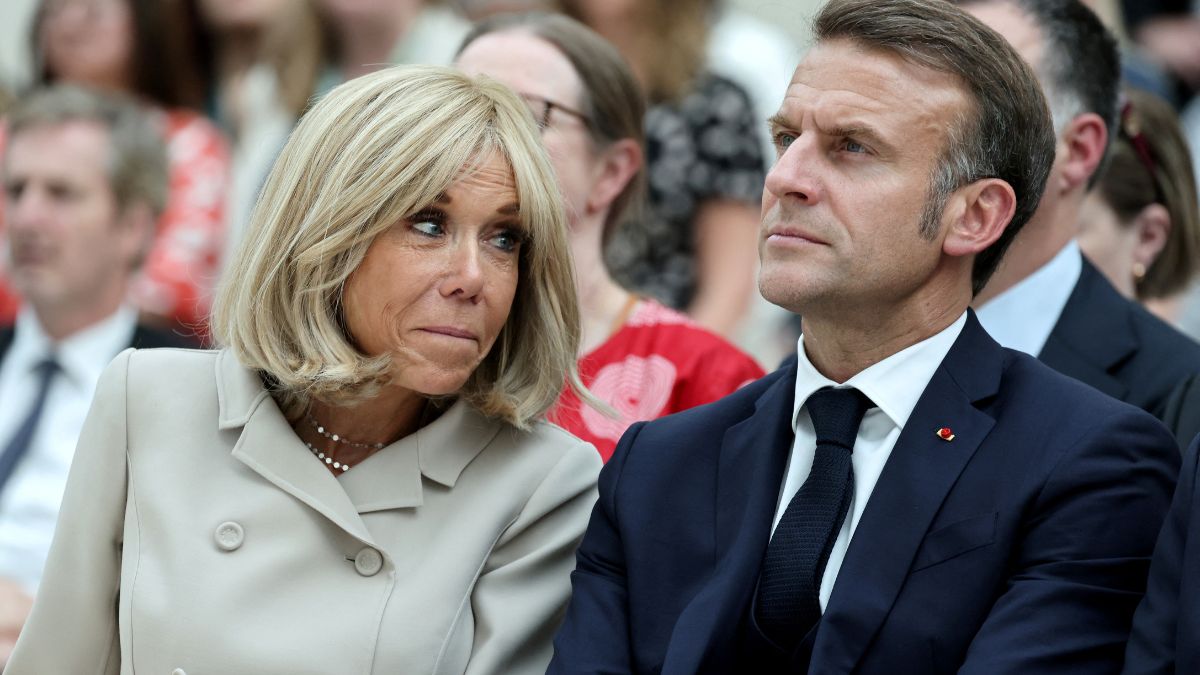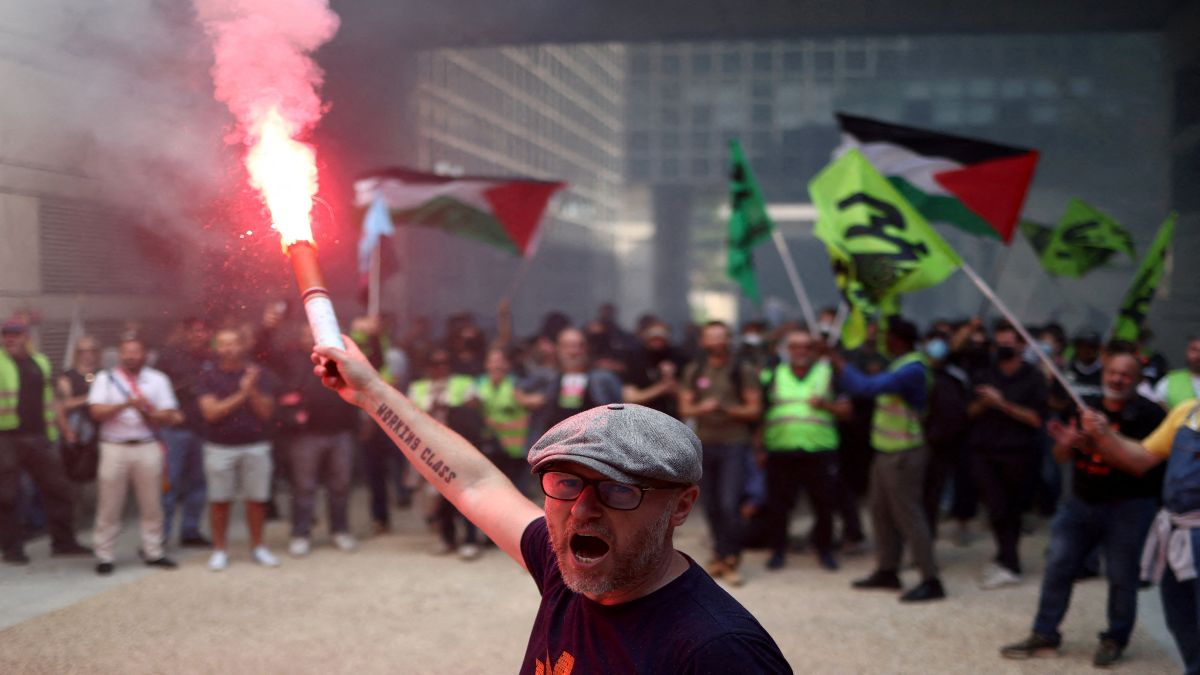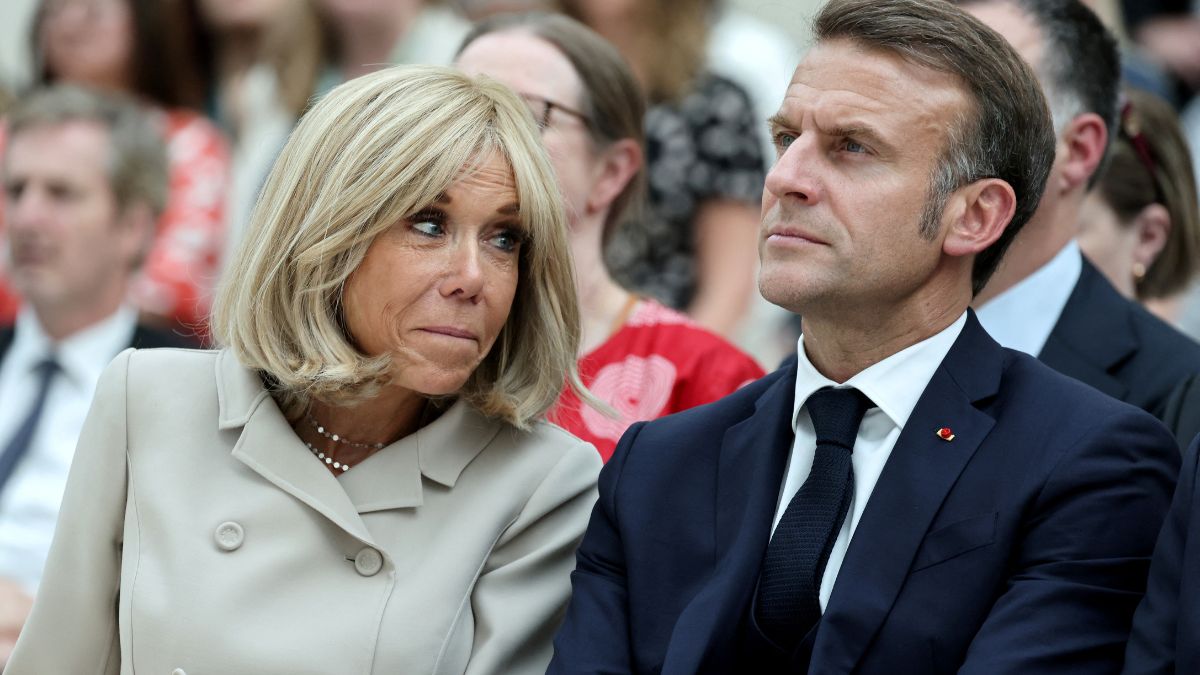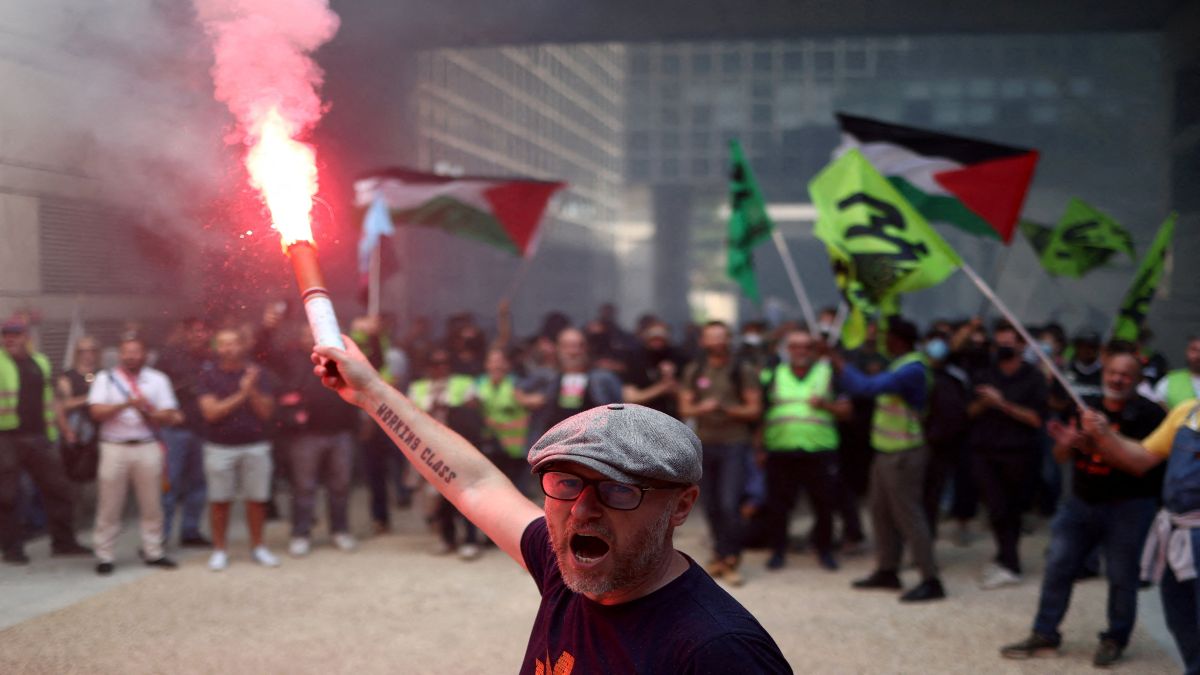North Korea has rolled out yet another bizarre rule for its people, this time targeting everyday language. Words as harmless as “ice cream,” “hamburger,” and “karaoke” have been banned, replaced with clunky, state-approved alternatives.
Now, “ice cream” must be called eseukimo or eoreumboseungi, “hamburger” becomes “dajin-gogi gyeopppang” (literally “double bread with ground beef”) and “karaoke” is reduced to “on-screen accompaniment machine.”
It sounds strange, even amusing at first. But for North Koreans, these changes are serious business, especially for tour guides and workers at the country’s new luxury beach resort, where using the wrong word could mean trouble.
So why has North Korea decided to scrub everyday foreign words from its vocabulary? What could using these words mean? Here’s a closer look
Why is North Korea banning these words?
North Korea’s supreme leader, Kim Jong-un, has banned the use of English-derived and South Korean words, for being “too Western” and ideologically harmful.
An official from Kangwon province, where the coastal city of Wonsan is being developed into a luxury resort, explained the reasoning to Daily NK.
“The goal is to teach tourism professionals to consciously use North Korean vocabulary and expressions while carefully avoiding South Korean-style expressions and foreign loanwords they may have been using unknowingly,” the official said.
The move is part of a bigger strategy as North Korea wants to build its tourism industry, but at the same time, keep tight control over outside cultural influences. By managing the very words people use, Pyongyang hopes to shape what both locals and foreign visitors hear inside the country.
But the policy has also created confusion among trainees preparing to work in the sector.
"We would presumably have to use foreign words for foreign tourists to understand us," one trainee told Daily NK, speaking anonymously out of fear of repercussions.
Still, open criticism is unthinkable. As another trainee put it, "Being a tour guide is a good job, and if you say one wrong thing, you could be kicked out of the programme."
The training programme, which began on August 21, is part of North Korea’s effort to woo more tourists. It is directly overseen by the Workers’ Party of Korea’s Cadre Department.
Wonsan, which the regime hopes to turn into a hub for international tourism, is reportedly pouring resources into the initiative. Between 20 and 30 people, including graduates from provincial foreign language universities and new recruits from the State General Bureau of Tourist Guidance, are taking part.
Over the course of three months, they are taught not just how to interact with foreign tourists but also dress codes, professional conduct, and the memorisation of state-approved slogans and phrases.
Also read: How a 'loudspeaker battle' is flaring up between North and South Korea
North Korea’s other bizarre rules
This isn’t the first time Pyongyang’s strange rules have made headlines. The regime is notorious for punishing behaviour it considers influenced by Western ideologies.
Earlier this year,
North Korea imposed a ban on hot dogs and consuming, serving, or selling this popular American sausage sandwich is considered an act of treason.
Not only this, a Radio Free Asia (RFA) report suggested that North Korea has also banned steamed rice cakes, tteokbokki, which is a popular street food in the South. When it comes to clothing, North Koreans are not allowed to wear short skirts, clothes with logos, high heels, flashy clothes, jeans, etc.
This is not all, a report also revealed that Pyongyang has even used the death penalty against people caught watching or sharing foreign films and TV shows.
A new United Nations review, covering developments since 2014, said repression has grown worse over the last decade, particularly targeting those who access foreign media.
The report detailed house raids, severe punishments, and even public executions for people caught watching South Korean dramas, listening to foreign music, or distributing banned films. It noted that public trials and executions were staged specifically “to instil fear.”
One woman who fled the country in 2023 told the BBC that three of her friends were executed simply for possessing South Korean dramas.
More recently, the regime has stepped up enforcement, creating task forces to raid homes in search of “anti-socialist” material.
While some North Koreans managed to bribe officials to avoid harsh punishment, many still risk it. Reports suggest that smuggled USB sticks, illegal radios, and underground networks remain lifelines for those desperate to consume content from the outside world.
With input from agencies


)

)
)
)
)
)
)
)
)



